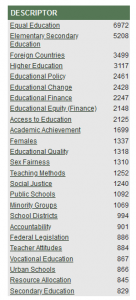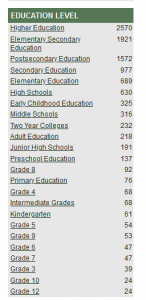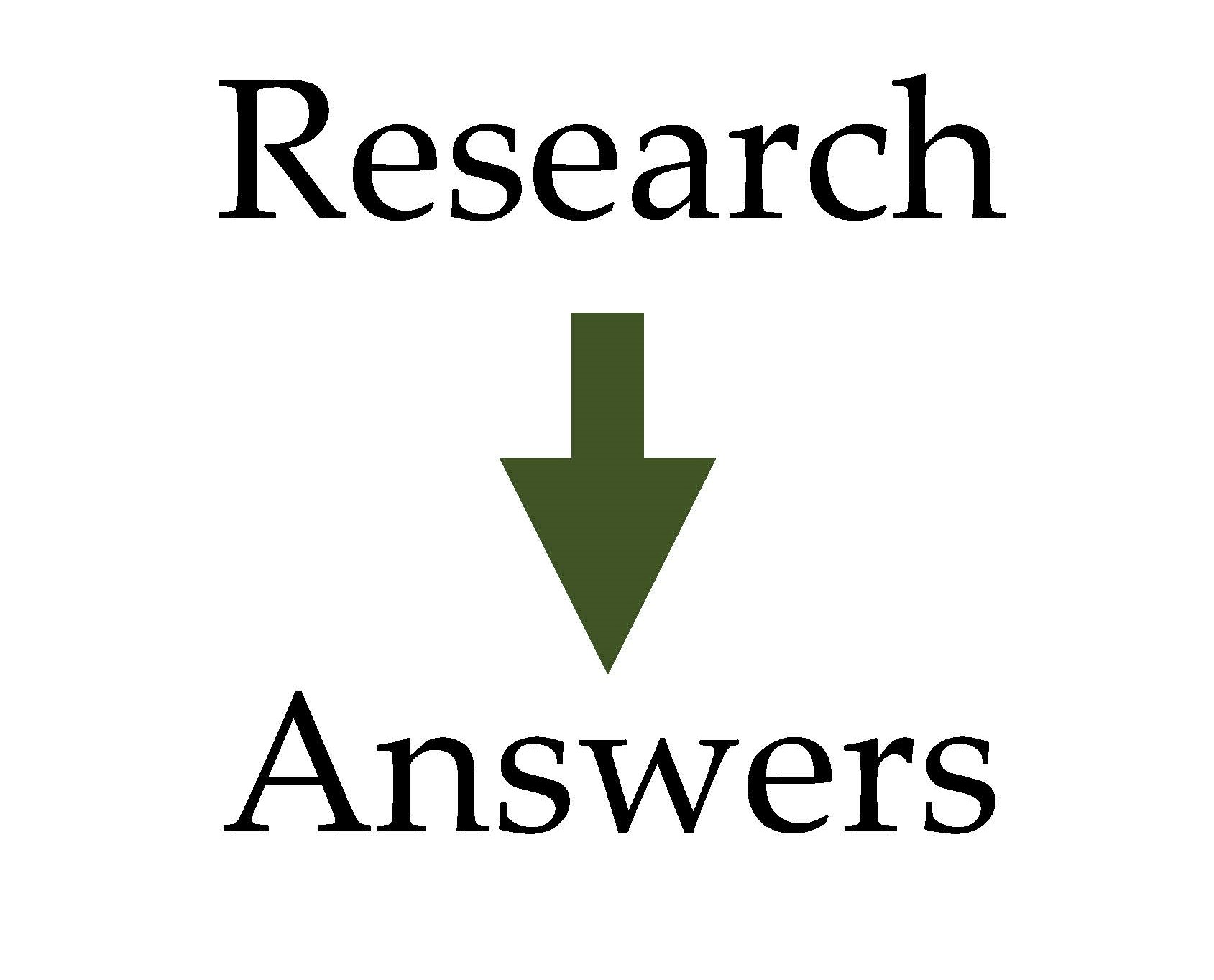Evidence-Based Answers to Questions Now
How much more can be asked of educators in this moment – to think about starting school in 60 days after being closed due to COVID 19 and to address racism? Reading “From the Kitchen Tables of Jenn and Paige: What We’re Watching,” by Jennifer Bell-Ellwanger and Paige Kowalski of the Data Quality Campaign, my quote-of-the-month came from them –
COVID-19 and racism aren’t entirely separate issues; this country’s struggle with racism means Black communities were hit the hardest by coronavirus. Education solutions that seek to support recovery in these communities rely on knowing what works.
At this moment, when so many questions need answers quickly, CRUE reminds educators:
- Have you searched in What Works Clearinghouse and ERIC, data bases of evidence-based practices?
- Have you looked at evidence-based resources offered by your professional organizations?
Likewise, CRUE reminds researchers to, now, make your research easily accessible to educators so that the research can contribute to the development of improved practice:
- Is your work in ERIC?
- Is your work searchable in a database?
- Is the information free to access?
Resources for Educators, Database Opportunities for Researchers
The Institute of Education Sciences (IES) sponsors several resources to provide educators with information needed to make evidence-based decisions. These are the What Works Clearinghouse (WWC) and ERIC, the Education Resource Information Center.
To be in the shoes of an educator trying to find resources, I first went to WWC and used the search term, “Equity and Education.” From that search, 723 results (in .22 seconds!) were received. Here are some of the results on the first screen:
- “Going big to promote racial equity and education” published in 2020
- “Supporting Equity and Social and Emotional Learning” published in 2019
- “How Equity Has Helped Close the Graduation Gap for Latino Students in One Oregon District” published in 2018
- “Equity in School Discipline Collaborative,” an ongoing partnership of the REL Northwest
To learn more about WWC and how to refine your searches, see the WWC video tutorials. I could refine the search by adding a grade level, or some other characteristic pertinent to my search. For each entry in WWC, there is a description that is helpful in making a choice of which resources are appropriate for the situation. From the listing of resources, it is easy to click on the topic and have the intervention reports, study reviews, webinars, and practice guides, which are all free to access.
A search in ERIC is similar, providing bibliographic records of journal and non-journal literature from 1966 to the present. Using the same search term in ERIC, “Equity and Education,” without using any of its filters, the first search returned 16,641 references! To make the review of the collection more manageable, I next used some filters – published in the last 5 years (down to 3,062); or I could be more specific with one of the descriptors, such as topics or grade level which further reduces the number of relevant references.
| Topics | Grade Level |
 |
 |
Some searches lead to an opportunity to download a full text article.

Other searches may lead to a website of the article’s publisher where an article could be purchased. There are often times when educators can contact your local or university library who may be able to help you access the item without cost.
Adjust your search terms to the specific topic you want to address. This was just an example of how to search in these two databases and to realize how much information can be accessed.
Kudos to the Professional Associations for making Content Available Now
In a quick review of the professional organizations, we found that they are making content available at no cost to support educators in addressing the critical questions of this moment. Here is a sampling:
AERA has made scholarly works available o address topics of this moment.
AFT and NEA are reminding the community about their well-established resources on racism and justice.
AFT offers Share my Lesson, lesson plans in all content areas for all grade levels. One of the featured collections currently highlighted is Teaching about Race and Racism, Lesson Plans and Resources
NEA’s Edjustice provides resources on working towards racial, social, and economic justice in public education.
ASCD has provided open access to resources in their portfolio of publications to help in dismantling racism.
NCTE’s Standing Committee Against Racism and Bias in the Teaching of English has created a list of classroom resources. Relevant articles from recent special issues are now available to all.
This is just a portion of what is available. When you find something good, share it with your colleagues. What we know from our research is that most people find their evidence-based materials through other educators, either in their district or from another district.
Calling Researchers to Action
Researchers, as you look at your portfolio of research, do you have reports, research findings, or articles that could be moved onto open access platforms, such as ERIC, where educators can easily find them?
What can you do to put your research in front of educators so that it is easily searchable?
Do you have relevant articles attached to your website?
Have you worked with one of your professional organizations to contribute to their efforts to support educators as they make decisions?
This is a time for evidence-based practices to be freely available, so that the strategies can be considered in the planning that is happening between now and school opening in the fall of 2020. Time is of the essence to move forward using strategies that have been shown to work. Educators need to be ready to educate students at the same time retool to address systemic racism by August 2020. This is a huge challenge!
From school-based educators taking the Survey of Evidence in Education, we learned that as a means of informing their decisions, in the last year, 91% of the educators read books, 90% read magazines, 74% read social media, and 70% read academic journal articles. From this data describing how educators find research, what is one step you will take, this week, as an education researcher, to make decisionmaking easier and efficient for educators?
This moment is rich with opportunities for using data and evidence to be transformative to address equity issues in education.
About the Author:
Deborah Amsden Micklos, M.S. is the Research Coordinator at the Center for Research Use in Education, an IES-funded Center (Grant R305C150017) at the University of Delaware. She has been a career and technical educator in public schools for 10 years, a community-based educator for 10 years, and associated with research projects for 15 years. Her professional mission is to support the transfer of research into families, schools, and communities. She can be reached at irmc@udel.edu.

Published by